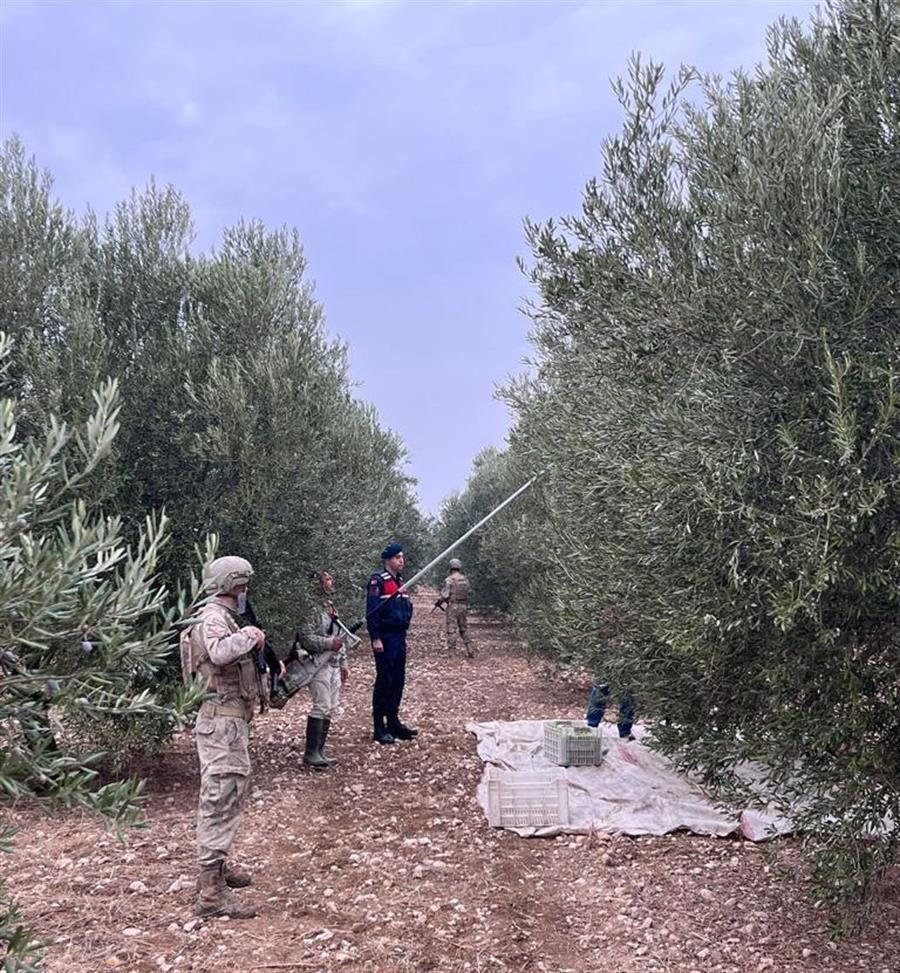
A three-month export ban on olive oil exports, which came following a significant price increase in Türkiye and around the world, has been extended indefinitely.
Producers warned that demand has started to decline and pointed out that there will be a price increase in new crop products.
The ban, which does not apply to the export of packaged and boxed olive oil but is related only to bulk and barrel olive oil, has been extended to stabilize prices.
In the 2022-2023 season, low yields in the world's leading olive-producing countries due to climate change had increased foreign demand for olives and olive oil from Türkiye.
On July 19, a decision was made to deduct 20 cents per kilogram from all bulk and barreled olive oil exports, and due to the continued negative impact of exports on domestic consumer prices, a ban on bulk and barreled olive oil exports was put into effect between Aug. 1 and Nov. 1.
In a statement on Oct. 18, the Trade Ministry said the rise in world olive oil prices continued.
"Considering the decrease in production in our country this season due to the 'lean year' as well as the production losses in many regions of our country due to unfavorable climatic conditions during the flowering period of olive trees, the fact that there will be no decrease in the soaring olive oil prices in the world and the increasing foreign demand will continue, it has become necessary to continue the measure applied on bulk and barreled olive oil exports,” the ministry said in a written statement.
In order to avoid supply-side problems in terms of consumer welfare and domestic prices, the evolution of product yields will be monitored for some time, the statement added.
Evaluating the ban, Alper Alhat, the chairman of the Akhisar Commodity Exchange, said a certain amount of time is needed to measure supply and demand.
"The price of olive oil was 180 Turkish Liras before the export ban came into effect, and now it is over 200 liras,” he said.
“We need to see the exact tonnages in the new season. But it is not in Türkiye's hands to lower olive oil prices. Olive oil prices in Spain have increased by 100 percent in the last 12 months. There is an opportunity in packaged olive oil. Türkiye should take advantage of it.”
Alhat pointed out that this year's yield in Akhisar remained at 30 percent compared to last year.
"There is more than a 50 percent drop in demand in Türkiye. The drop in demand will prevent prices from rising. If we cannot prevent the drop in demand, the efforts we have made so far to promote olive oil will be in vain."
Alhat noted that the prices of olive oil in the markets in Türkiye fluctuate a lot.
"They sell olive oil at the old prices in the markets, and they sell the remainder of the products stocked in their warehouses,” he said.
“It is possible to find olive oil in the price range of 175 liras. In the near future, the price on the shelves will rise above 200 liras. The farmers need to be supported," he added.
Türkiye's olive oil exports to Spain increased 27 times in the first six months of this year after the negative effects of drought.
According to the Türkiye Exporters Assembly (TİM), Türkiye's olive and olive oil exports increased by 190 percent to $560 million in the first six months compared to the same period last year.